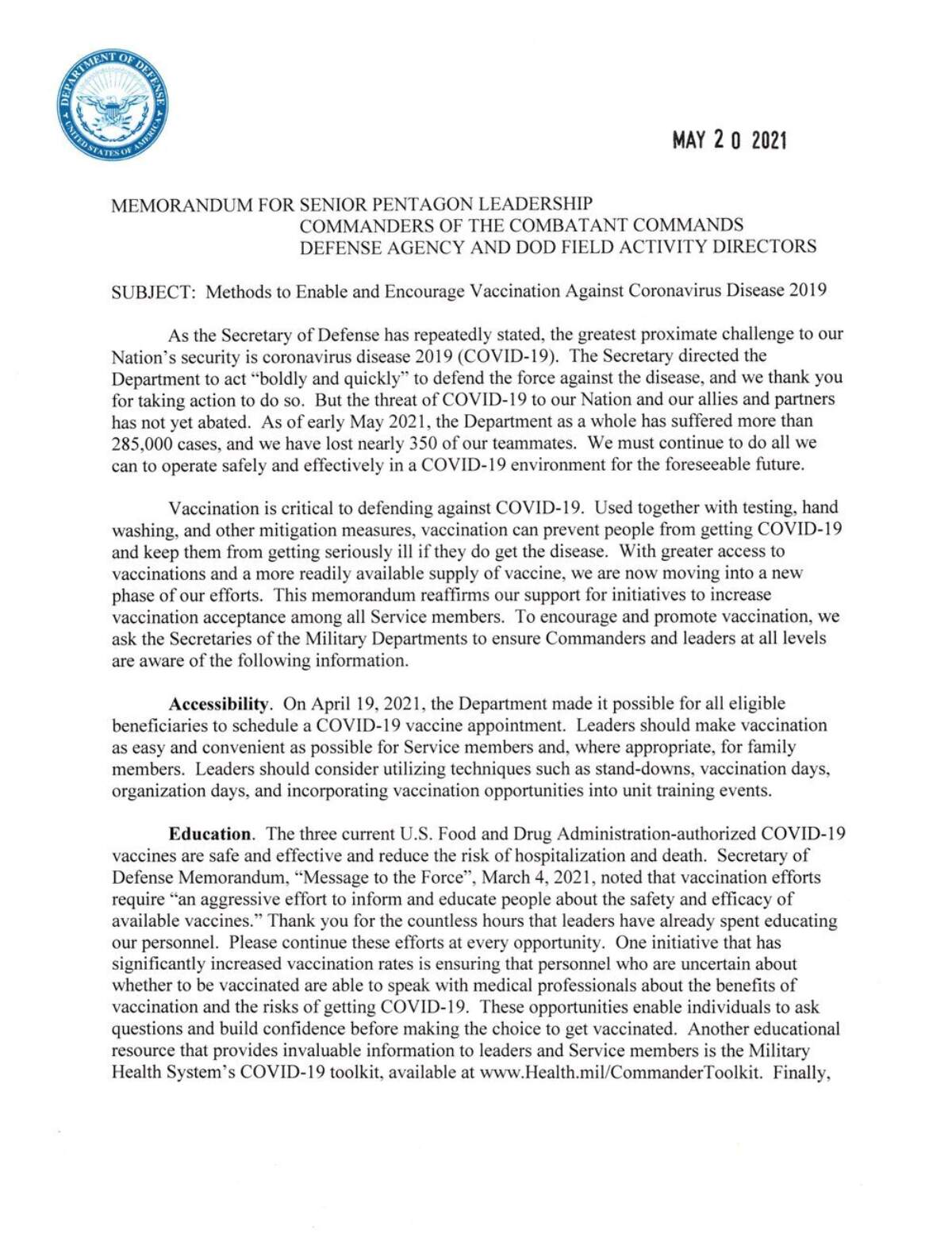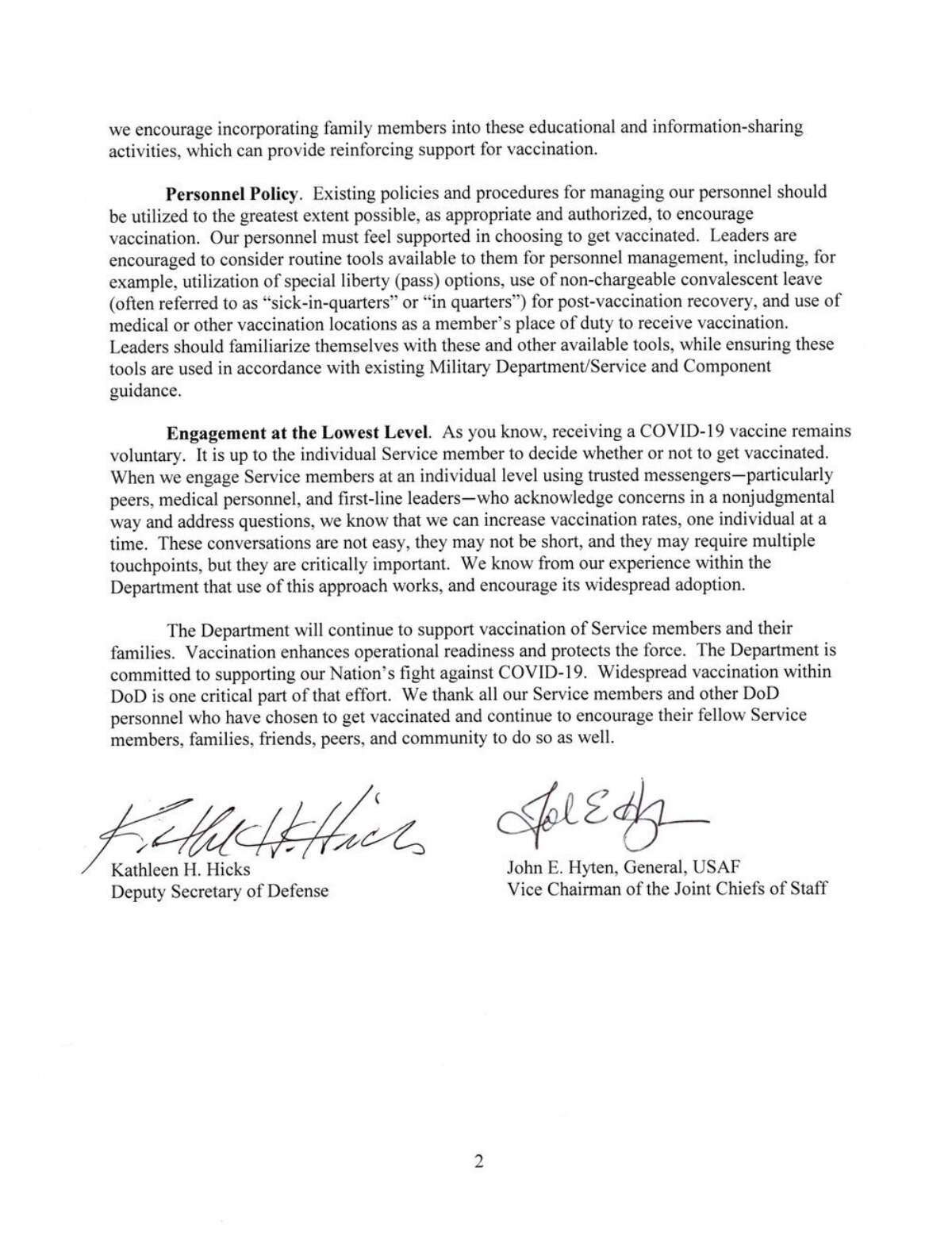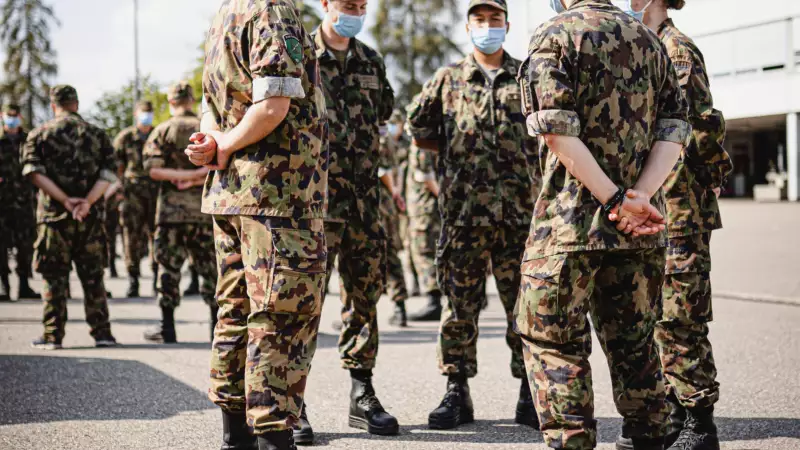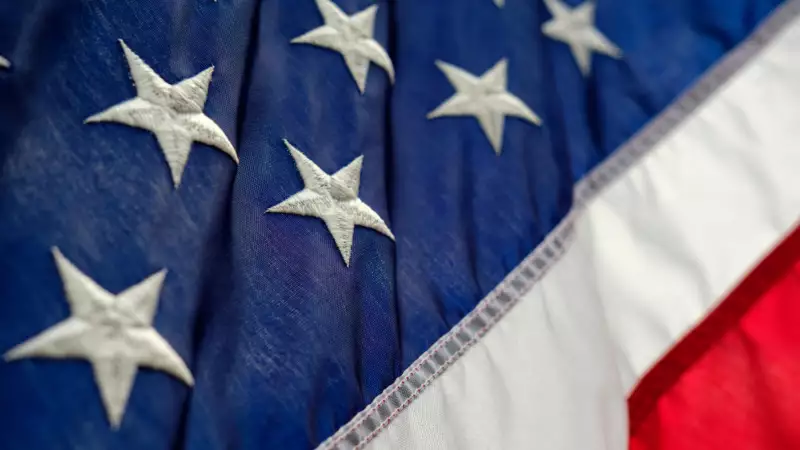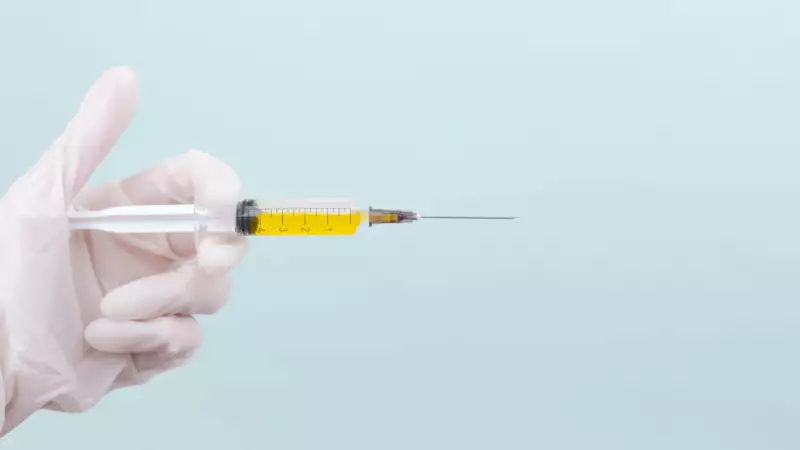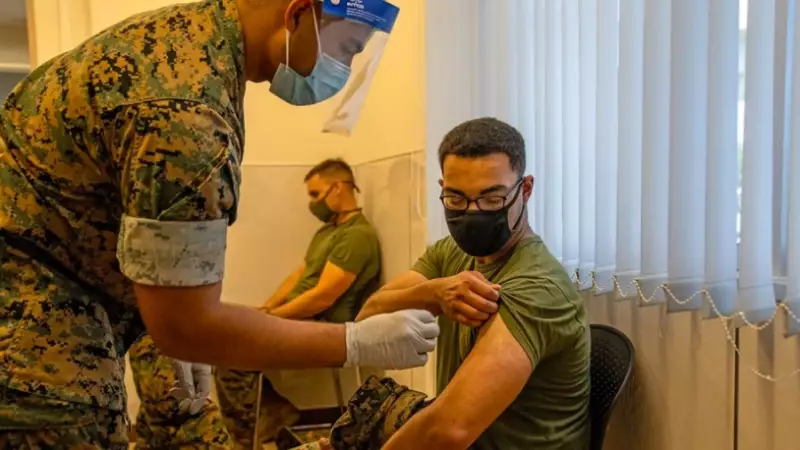MAY 20, 2021 | PRESS RELEASE
US Emergency Plan for Global COVID-19 Relief: Urgent Action to End the Pandemic Globally and Accelerate US Recovery and Security
Poll of nearly 2,500 military-connected families finds minds are being changed, but half of unvaccinated service members, veterans, and spouses require a different approach
Blue Star Families (BSF), the nation’s largest non-profit dedicated to supporting military families and strengthening communities across the United States, and the COVID Collaborative, a national assembly of experts, leaders and institution in health, education and the economy to turn the tide on the pandemic, released today preliminary data from its Military Families’ Perceptions of the COVID-19 Vaccine (Part II) Poll, showing that, while a majority of respondents had been or planned to be vaccinated, among as-yet unvaccinated respondents without scheduled appointments, 50% of active-duty service members and spouses will probably or definitely not get vaccinated and many remain undecided without intervention. The survey of nearly 2,500 military-connected families found that like civilians, for military families concerns about the vaccines’ effectiveness, safety, and development process continue to be primary factors influencing their decision not to receive the vaccine. In addition to vaccine concerns, reasons driving these decisions -- such as religious beliefs, time off from work, and personal health reasons – indicate a critical need for continued outreach, information sharing, and credible messengers among the military community.
“While there has been tremendous progress to vaccinate our military community, it is increasingly clear there remains a significant gap when it comes to messages that could drive decisions on vaccinating themselves and their families,” said Kathy Roth-Douquet, CEO of Blue Star Families. “While our findings align closely with civilian populations, the health and safety of our military is key to ensuring U.S. military readiness and national security, especially as we prepare for the summer move season with hundreds of thousands of military families on the move. This is a critical time to encourage vaccination to protect our families and our communities. We appreciate the leadership of the Covid Collaborative.”
Alongside partners like the American Red Cross, Blue Star Families has been successfully empowering military families to make informed decisions about the vaccine and have reached over 70,000 families. A recent post-event survey from a Town Hall with Dr. Anthony Fauci and military leadership, revealed that 43% of vaccine hesitant respondents received information that helped change their opinion.
Blue Star Families and COVID Collaborative have made the following recommendations to help increase vaccine uptake in the military community, all of which can be tailored to support vaccination efforts among civilians:
- Offering a choice: 66% of active-duty servicemembers say a choice in type of vaccine increases their likelihood of receiving one.
- Guaranteeing time off: 22% of active-duty servicemembers reported difficulty in obtaining an appointment that fits with their schedule.
- Increasing information to military-connected spouses: 30% of active-duty spouses remain unsure if the vaccine is available to them.
“Our military community has made good progress in vaccinating servicemembers and their families. But our findings suggest our hardest work to protect the military and our frontline readiness lies ahead of us,” said John Bridgeland, CEO of COVID Collaborative. “This survey helps point the way forward to offer more choice in vaccines, provide time off, and increase information on availability of vaccines. Groups like Blue Star Families and other Military and Veteran Service Organizations will continue to be critical messengers as we work together to make everyone safe.”
The survey also found that among active-duty service members, the top reason for getting a vaccine was in equal percentages to ensure our national security by protecting the force so it is mission ready (57%) and to protect families and loved ones (57%).
“It is no surprise that those getting the vaccine are motivated by a commitment to protecting both our nation and neighbors,” said Four-Star General Stanley McChrystal (Ret), a member of the COVID Collaborative. “We need more of that spirit in the country today.”
The survey was conducted with 2,468 military families between April 1-12, 2021, and is the second in a series conducted by Blue Star Families since December 2020.
MAY 20, 2021 | ISSUED BY US DEPARTMENT OF DEFENSE
Memorandum on Methods to Enable and Encourage Vaccination Against Coronavirus Disease 2019
